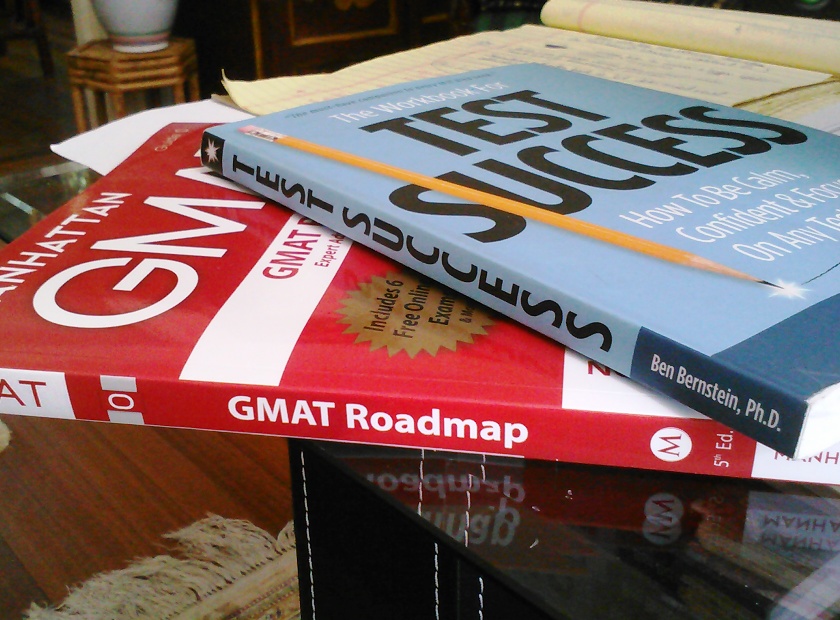
Is it Really a Buyer’s Market in MBA Admissions?
Poets & Quants just published an article about it being a “buyers market” for MBA applications, concluding that it is *possibly* a lot easier to get in to business school than it was, say, a few years ago.
I’m not so sure that’s a blanket statement for every school and for every applicant. My quote is in there, after a few from the big boys at the deep-bench admissions consultancies, so if you look hard you will see where I come down: It is a buyer’s market if you have all the boxes checked. Here’s the money quote:
“It is a buyer’s market if you have all the right boxes checked,” she adds. “There may be more flexibility and harder looks at candidates that aren’t obvious stars. But I don’t see any free passes any time soon.”
So, you might ask, what are the right boxes? The right boxes are definitely GPA and standardized test scores. The average GPA for the top schools runs around 3.5 to 3.6, with Stanford the outlier at the top end at 3.7. It almost doesn’t matter whether the school grades more strictly or more leniently, the high number is what matters, at least according to academic research from professors at UC Berkeley Haas and Harvard Business School. But some of the details do matter: everyone knows a 3.9 in political science (my own major) is not the same as a 3.9 in physics.
The question, then, is how do they go deeper into the pool, and I’m hoping the answer is that they take the 3.2 student who stretched herself by taking organic chemistry or linear algebra. But you never know.
As for standardized test scores, they do matter. But on a case by case basis. Of course schools care about the quant score more than the verbal. Especially if the candidate hasn’t taken many math-related courses. They really are worried if the student can manage in the program. Also, if your peer group is universally getting high scores, (think math majors from China or Indian engineers), then the bar is just higher for you.
And….schools are trying hard to get more women to apply, but that doesn’t mean that women can slide on test scores. I’ve seen many a female student with 730+ scores get turned down from the tippy-top schools. They end up in a decent top 10 program, that is, a program that Bain and Goldman Sachs recruit from regularly, so it does make sense to apply to more than fewer schools.
Luke Pena, the head of admissions from Dartmouth’s Tuck School of Business, says in the Poets & Quants article that applicants “who have been offered admission to Tuck this year have twice as many offers from rival schools.” At a conference with admissions consultants in Washington, DC in early May, he did indicate that in the future, they would be thinking about different dimensions of what they are looking for in their applicant pool.
My guess is that it doesn’t mean that GMATs go down, but it could mean that they will be taking more students with GRE scores, as that test is rising in popularity, and seems to create less anxiety. Also, it appears that schools are a little more relaxed about GRE scores. It’s not because they aren’t included in rankings (at least in US News they are).
Let’s look at the University of Michigan’s Ross School of Business. Their average quant GRE score is 161, which is about the 78th percentile. To get to the 78th percentile in the GMAT, a student would have to score above a 49, which is quite high, and usually for engineers and math majors. I regularly see students with a 48 get into top schools. This argues that yes, the GRE is the preferred test for people who are not super confident in their STEM capabilities.
The other thing that they will be looking for is work experience. Business schools these days welcome students from startups, from non-profit, from education, and health care, as long as they understand why you want an MBA. I think that they will be trying to be more creative in understanding what kinds of backgrounds their entering students bring to the table. That’s fair. But remember — in applications, remember your audience. They *still* have to understand what you did for a living and how it all fits into who you are and what you want to do.
For the schools in the top 10, it’s still going to be competitive. But maybe not so rigid. And that’s a good thing.





